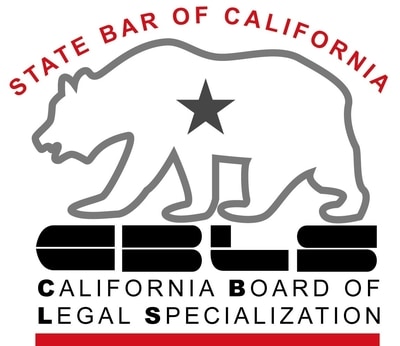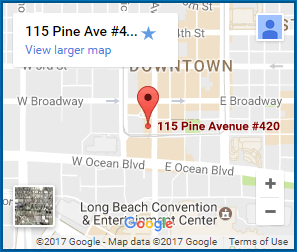Though now terminated for cases filed after January 2023, one of the anachronisms recently built into our Family Code is California Family Code Section 7643. This is the section that requires a level of secrecy in child custody and/or child support cases involving unmarried or single parents that is not required in cases involving married or formerly married parents. This is a law seemingly made for times when the stigma of illegitimate birth was a genuine issue for those born out of wedlock. Today however, I suspect even the terms illegitimate birth and born out of wedlock have no meaning to all but the oldest among us.
The practical effect of this law is to add to the expense, complication and frustration of a process that can be challenging to even the most reasonable parents. Unlike divorced or divorcing parents, unmarried parents and their attorneys are not allowed to access records of previous actions or upcoming court hearings online. Reviewing case records at the court house requires a party or his or her attorney to prove their identity and in the case of an attorney, prove that they are the attorney of record.
The section reads as follows:
§ 7643. Confidentiality of hearings and records
(a) Notwithstanding any other law concerning public hearings and records, a hearing or trial held under this part may be held in closed court without admittance of any person other than those necessary to the action or proceeding. Except as provided in subdivision (b), all papers and records, other than the final judgment, pertaining to the action or proceeding, whether part of the permanent record of the court or of a file in a public agency or elsewhere, are subject to inspection and copying only in exceptional cases upon an order of the court for good cause shown.
(b) Papers and records pertaining to the action or proceeding that are part of the permanent record of the court are subject to inspection and copying by the parties to the action, their attorneys, and by agents acting pursuant to written authorization from the parties to the action or their attorneys. An attorney shall obtain the consent of the party to the action prior to authorizing an agent to inspect and copy the permanent record. An attorney shall also state on the written authorization that he or she has obtained the consent of the party to authorize an agent to inspect and copy the permanent record.
This issue has been news lately in the Paternity Case between unmarried parents, Oksana Grigorieva and Mel Gibson, due to the leaking of court records in violation of, among other things, this code section.
This is just one of the anachronisms present in our California Code Sections. I’ll address the inefficiencies resulting from the requirements to give public notice (change of name) in newspapers in a later post.







